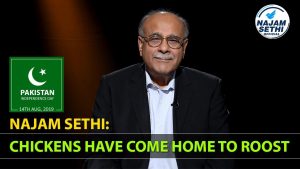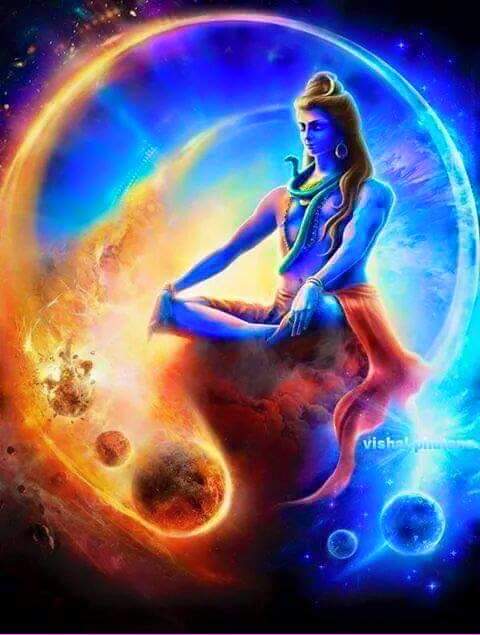The last two years have been difficult for residents of India’s eastern city of Chennai in Tamil Nadu State. Monsoon rains have failed for two years and the city has braved a heat wave compounded by water scarcity.
On 19 June 2019, the state government announced that Day Zero—or the day when the city reservoirs were empty—had been reached. Local officials then announced that they would transport 10 million litres of water daily by train from 200 kilometres away to provide enough water, especially for the poor, to survive.
Chennai’s water stress is not unique to the city. From Cape Town, South Africa to Iran’s port city of Khorramshahr, individuals and communities in numerous countries worldwide have in recent years been suffering from water shortages.
Recent data unveiled by the Water Resources Institute in August 2019 shows that Qatar, Israel and Lebanon are experiencing an “extremely high” level of water stress with irrigated agriculture, industries and municipalities consuming, on average, more than 80 per cent of their available supply annually. India was placed thirteenth among the world’s 17 most “extremely water-stressed” countries.
Read More


 Today
Today